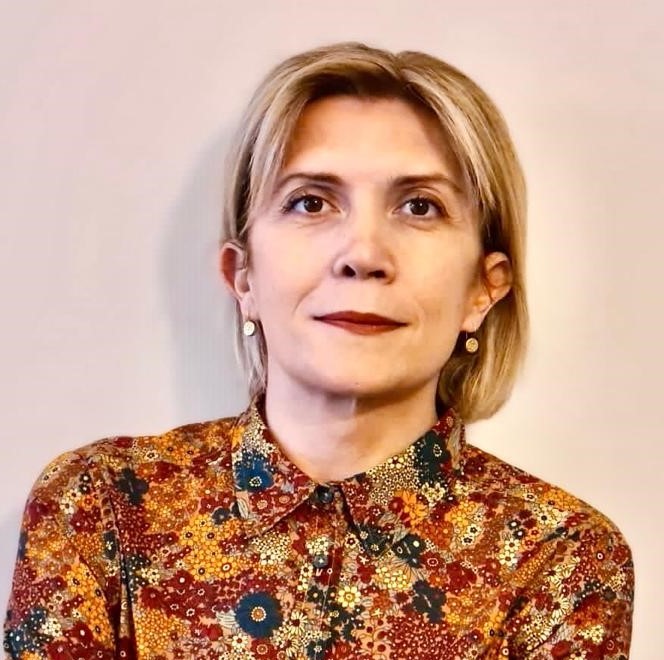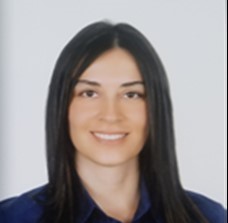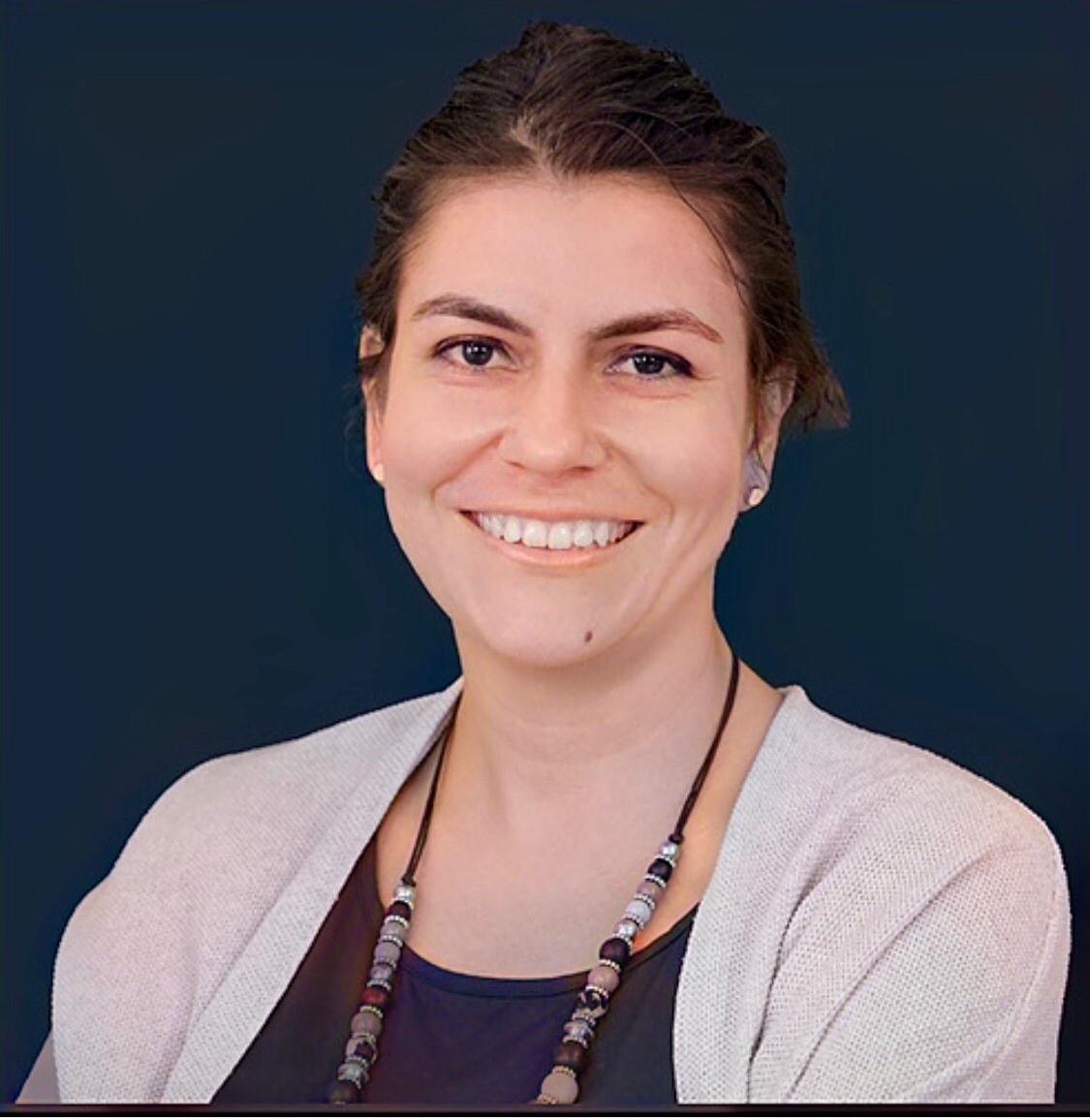
Meet the FABLE Türkiye team
The team is led by the Bahçeşehir University's Research Center for Sustainable Food Systems (BAU SUGAM), an initiative that consolidates all the partnerships and projects the university has been involved in concerning food and agriculture. The primary objective of the center is to enhance the value chain of the food system, following sustainable development principles, from farm to waste disposal. Recognizing the responsibility of universities and in alignment with this purpose and scope, BAU SUGAM serves as a hub, guiding all relevant stakeholders on this multidisciplinary and inclusive path.
To support this endeavor, Bahcesehir University has entered into a Memorandum of Understanding (MoU) with the Food and Agriculture Organization of the United Nations (FAO). This partnership aims to enhance capacities in food security, nutrition, and sustainable food systems at both national and regional levels by promoting knowledge exchange, research, innovation, data sharing, and dissemination. Furthermore, the collaboration seeks to raise awareness and encourage the adoption of effective policies and practices that align with the Sustainable Development Goals (SDGs).
Transforming food and land-use systems in Türkiye
Türkiye boasts abundant land and water resources, along with rare agro-ecological conditions, spanning a total land area of 769,630 km2. With 37,762,000 hectares of agricultural land (including meadows and pastures), 41% is dedicated to crop production. Primary agriculture contributes 3.3% to exports and 6.7% to GDP, placing Türkiye as the 7th largest agricultural economy worldwide.
Small-scale farmers (≤100 Decares) in Türkiye hold significant importance in the food system, constituting 82.6% of registered farmers, while large-scale farmers (>200 Decares) account for 6.4% (Turkish Ministry of Agriculture and Forestry).
Türkiye excels in several aspects of food security, including the proportion of the population below the global poverty line, food supply sufficiency, micronutrient availability, market access, agricultural financial services, food safety, protein quality, and food safety net programs. However, there has been a significant rise in nutrition-related diseases such as obesity, diabetes, and cardiovascular diseases among both adults and children.
Vulnerabilities in the food chain and rural development persist, given Türkiye's self-sufficiency levels. The enduring issue of rural poverty significantly affects urban development and drives rural-urban migration, pointing to the lack of effective financial and social incentives to address these challenges.
Water management stands as another critical challenge. Agriculture, the primary water consumer, accounts for 75% of Türkiye's total water consumption. With arid and semi-arid soils prone to erosion (65%), the country has undertaken large-scale irrigation projects to convert semi-arid regions into agricultural lands. While these projects have bolstered agricultural output, concerns about water management, environmental sustainability, and their impact on local communities have emerged.
In February 2023, devastating earthquakes wreaked havoc on the agricultural and rural sectors. Agricultural infrastructure, including warehouses, packaging facilities, and equipment, suffered severe damage. Over 13,284 animal shelters were destroyed, and around 815,000 livestock were lost. The fisheries were also affected, disrupting markets and supply chains and exacerbating existing challenges.
Key national objectives and targets
- Türkiye submitted its NDC in October 2021, aiming to reduce greenhouse gas emissions by 21% by 2030 and set a goal for achieving net-zero emissions by 2053.
- In its 11th National Development Plan, Türkiye outlined plans to increase the percentage of forest coverage to 30% and targets to expand irrigated land to 2 million hectares (achieving a 68% irrigation rate) by the end of 2023.
- The 'Regulation on the Protection of Water Against Nitrate Pollution Caused by Agricultural Practices' aims to increase irrigation efficiency to 55% by the year 2024.
- To support its efforts towards transitioning to an inclusive, resilient, and green economy, Türkiye issued its own Green Deal Document in 2021, aligning with the principles outlined in the EU Green Deal.
- Leal Filho, W., Ozuyar, P.G., Dinis, M.A.P. et al. Living labs in the context of the UN sustainable development goals: state of the art. Sustain Sci 18, 1163–1179 (2023).
- Filho Walter Leal, Fritzen Barbara, Ruiz Vargas Valeria, Paço Arminda, Zhang Qiong, Doni Federica, Azul Ana Marisa, Vasconcelos Claudio, Nikolaou Ioannis, Skouloudis Antonis, Weresa Marzenna, Marcewska Magdalena, Price Elizabeth, Anholon Rosley, Rampasso Izabella, Quelhas Osvaldo, lange salvia amanda, Ozuyar Pinar, Moggi Sara, Wu Yenchun (2021). Social innovation for sustainable development: assessing current trends. International Journal of Sustainable Development & World Ecology, Doi: 10.1080/13504509.2021.2013974.
- Çeçen F., Gökçin P., ‘Removal of Nutrients from Fertilizer Industry Wastewaters Using Activated Sludge and Biofilm Reactors’, Water Science and Technology, No. 12, pp. 141-148, 1996.
- Ozuyar, P., ‘Lessons learned about the hindering factors for regional cooperation towards the mitigation of climate change’, Climate Change Mitigation, Springer, 2018.
- Kesici M., Gulen H., Ergin S., Turhan E., Ipek A. and Koksal N. 2013. Heat-stress tolerance of some strawberry (Fragaria x ananassa) cultivars. Not. Bot. Horti. Agrobo., 41(1): 238-243.
- Cansev, A., Kesici, M. 2013. Changes in antioxidant enzyme activities during cold-acclimation in sweet cherry cultivars grafted on different rootstocks. Journal of Food, Agriculture & Environment,11(1):522-527.
- Yönter,F., Zere Taşkin, S., Kesici, M., Candoğan, B.N., Cansev, A., Bilgili, U. 2023. The Effects of Different Irrigation Levels and Nitrogen Doses on Growth, Quality and Physiological Parameters of Warm-season Turfgrasses. J Agr Sci-Tarim Bili. 29 (1): 272-286.
- Miri, Y. B., Benabdallah, A., Taoudiat, A., Mahdid, M., Djenane, D., Tacer-Caba, Z., Topkaya, C., & Simal-Gandara, J. (2023). Potential of essential oils for protection of Couscous against Aspergillus flavus and aflatoxin B1 contamination. Food Control, 145, 109474.
- Kose, B.E., Tacer-Caba, Z. & Nilufer-Erdil, D. Simulated Digestion of the Pigmented Legumes’ Black Chickpea (Cicer arietinum L.) and Brown Lentil (Lens culinaris Medikus) Phenolics to Estimate Their Bioavailability. (2022). Plant Foods for Human Nutrition, 77, 584–590.
- Wang, Y., Tacer-Caba, Z., Immonen, M., Kemell, M., Varis, J. J., Jian, C., & Maina, N. H. (2022). Understanding the influence of in situ produced dextran on wheat dough baking performance: Maturograph, biaxial extension, and dynamic mechanical thermal analysis. Food Hydrocolloids, 107844.
- BAU has signed a Memorandum of Understanding (MoU) with Food and Agriculture Organization of the United Nations (FAO) to develop capacities on food security, nutrition and sustainable food systems at national and regional level through improving knowledge exchange and research, innovation, data sharing and dissemination; and to raise awareness and ownership of good policies and practices about SDGs.
- Hunger Undone, Networking and Seminar Track: Acknowledging that UN SDGs deadlines are almost upon us and the global progress should be accelerated, BAU has initiated a dialogue with other universities to enhance the impact of a global cooperation by sharing and disseminating lessons learned in education, research and social responsibility activities of universities regarding hunger. BAU SUGAM in collaboration with FAO and CIFAL Istanbul of UNITAR invites such cases to establish the first stepping stone in building the cooperation.
- Undergraduate Course on Sustainable Food Systems in Cooperation with UNFAO (COP 3433 Sustainable Food Systems):This course is developed in cooperation with UNFAO with an aim to teach the state of the art on sustainable food systems to students from various disciplines. The topics discussed during the lectures include; Food systems, basic concepts and the need for food systems transformation to face global challenges, Key actors and strategic framework: UN SDGs and Agenda 2030; the UN Food Systems Summit process, Value Chain of Food, Consumer behavior, changing trends (i.e. diets).
- Master’s Degree Program on Sustainable Food Systems. The main aim of the program is to increase the number of qualified leaders who understand the current and future economic, social and environmental impacts of the entire chain from source to waste, and who can put forward innovative and applicable methods for improvement, in the process from production to fork, with food safety and inclusion being the primary focus points. In line with this purpose and in cooperation with BAU SUGAM, it is aimed to deal with all current issues from legislation to practice with an interdisciplinary approach.
- Sustainability and Women's Power in Agriculture Summit, Ministry of Agriculture and Forestry, UN-SDSN, BAU (BAU-SÜGAM) October 2022: Women represent 40 percent of global agricultural employment. On the other hand, women account for 23% of managerial positions in agricultural enterprises and only 5.5 percent of agricultural entrepreneurship. In the shadow of the climate crisis, famine and food security threats, the "Sustainability and Women's Power in Agriculture" summit was held, hosted by UN SDSN and Bahçeşehir University, with the support of the Ministry of Agriculture and Forestry. The Ministry carried out various activities in order to introduce women farmers who are entrepreneurs and leaders, to make what they do and produce visible, and to reveal their importance in agriculture and sustainable development.
Publications
Recent activities



